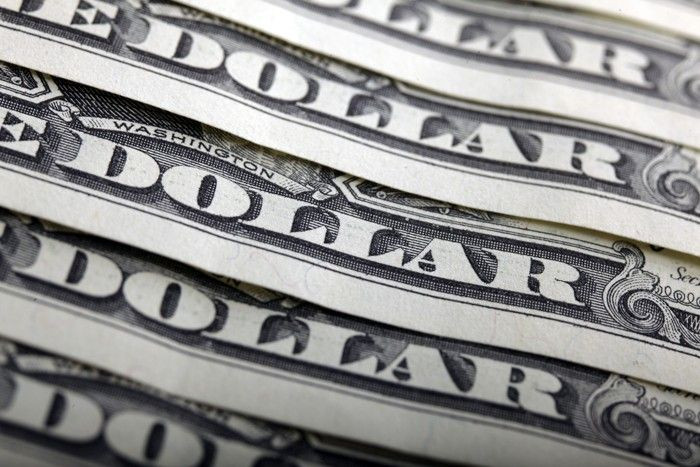The Power of Asian Central Banks on the US Dollar

When US traders went home on Thursday, the US dollar was flat against the euro for the day. The Dollar Index – which measures the dollar’s performance versus several G10 currencies – was also flat.
However, starting 8 p.m. EST (around the time the Asian session opens), the dollar went on to plunge over 1 percent against the euro and the dollar Index fell 1 percent.
The sell-off wasn’t caused by any news or developments; rather, it was the act of Asian central banks.
Asian Central banks are active players in the forex market in that they often intervene to weaken their currencies – by buying the US dollar and selling their domestic currency – with the goal of keeping their exports competitive.
Then, in order to diversify their foreign exchange reserves, they sell some of the dollars and buy currencies like the euros or pound sterling. Professionals call this the recycling of the dollar.
It happens with oil, too; Middle East countries sell oil, receive US dollars, and recycle these dollars to other assets.
In both cases, what these countries really wanted was more non-dollar assets. However, for oil exporting countries, that’s not possible by direct means because the international oil trade is priced in US dollars.Therefore, they must first receive dollars and then exchange them for other assets.
For Asian central banks, it’s impractical to intervene in non-dollar currency crosses because there isn’t enough liquidity, according to Brad Bechtel of Connecticut-based Faros Trading. Therefore, they buy the dollar and recycle into other assets.
The technicalities of Asian Central Bank interventions aside, the underlying story is that these banks and oil rich countries are losing their appetite for the US dollar; if they didn’t, they’d keep their dollars and not recycle them.
For forex traders, the question is if they can anticipate the recycling of dollars by Asian Central Banks and oil exporters.
Generally speaking, it’s hard to pin down the timing of such moves. However, traders can develop a general bias for the dollar.
For example, on the back of high oil prices, traders can expected the dollar to decline at some point on recycling from oil-rich Middle East countries.
For Asian Central Banks, Faros Trading has been persistently calling for their diversification out of US dollars into currencies like the euro, Australian dollar, and Canadian dollar.
For this reason, Faros is also persistently bearish on the dollar.
Click here to follow the IBTIMES Global Markets page on Facebook
© Copyright IBTimes 2024. All rights reserved.





















